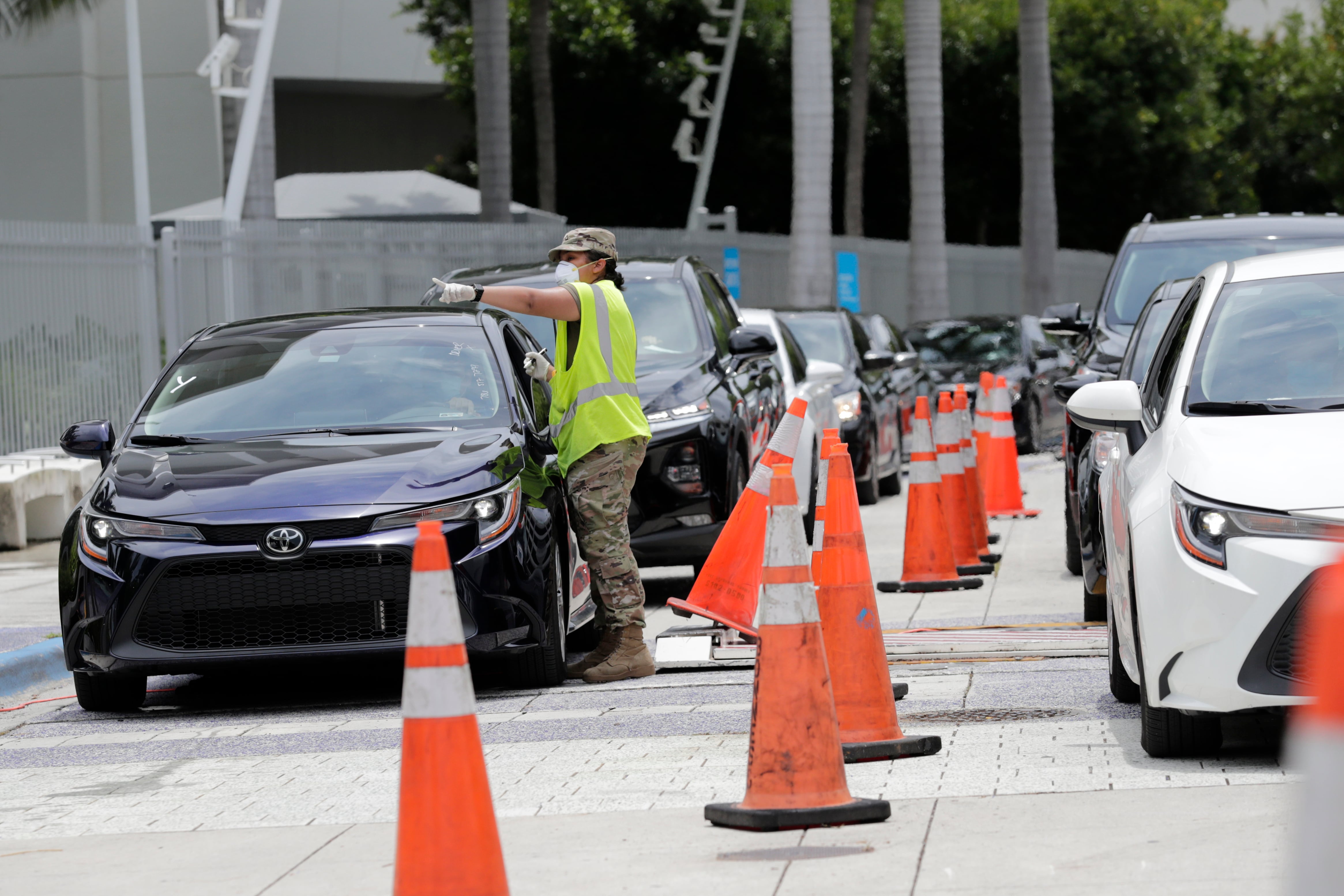The FDA has granted emergency use authorization for a new COVID-19 diagnostic test from the medical device maker Becton Dickinson (BD), which the company says will produce results in 15 minutes and could help address a new testing backlog that has come as a result of the resurgence in coronavirus cases nationwide.
The antigen test is an “absolute game changer,” said Dave Hickey, BD’s president of integrated diagnostic solutions. It is only the second such test to receive the green light from the FDA.
Hickey explained to Cheddar in an interview on Tuesday how the company’s assay differs from the testing solutions currently available to the public: to start, it runs on BD’s portable Veritor instruments — battery-operated devices that are about the size of an old, 90’s era cell phone — which are already in many point-of-care facilities like doctor’s offices, urgent care clinics, and retail pharmacies. There are currently 25,000 Veritor machines in use across the country, he said.
That means that the testing chain can be decentralized. The vast majority of Americans who get tested for COVID-19 get a version of the PCR test — the nasal swab, which is then sent to labs like Quest Diagnostics or LabCorp. The slow results that many patients are complaining about come not from the point of care, but from too few processing labs.
With the BD system, a nasal swab is taken, but the assay is put into the Veritor instrument, which provides results at the point of care in 15 minutes, according to Hickey. That could relieve the pressure on labs.
“15 minutes, four simple steps,” Hickey said. “This test will absolutely help address the backlog.”
BD received the coveted emergency use authorization from the government after a study showed that the tests produced expected results, or “specificity,” 100 percent of the time — meaning it is able to exclude false negatives. It has 84 percent “sensitivity” in terms of excluding false positives.
Hickey said BD is ramping up manufacturing of the tests, with a goal of shipping two million tests per week by the end of September.



